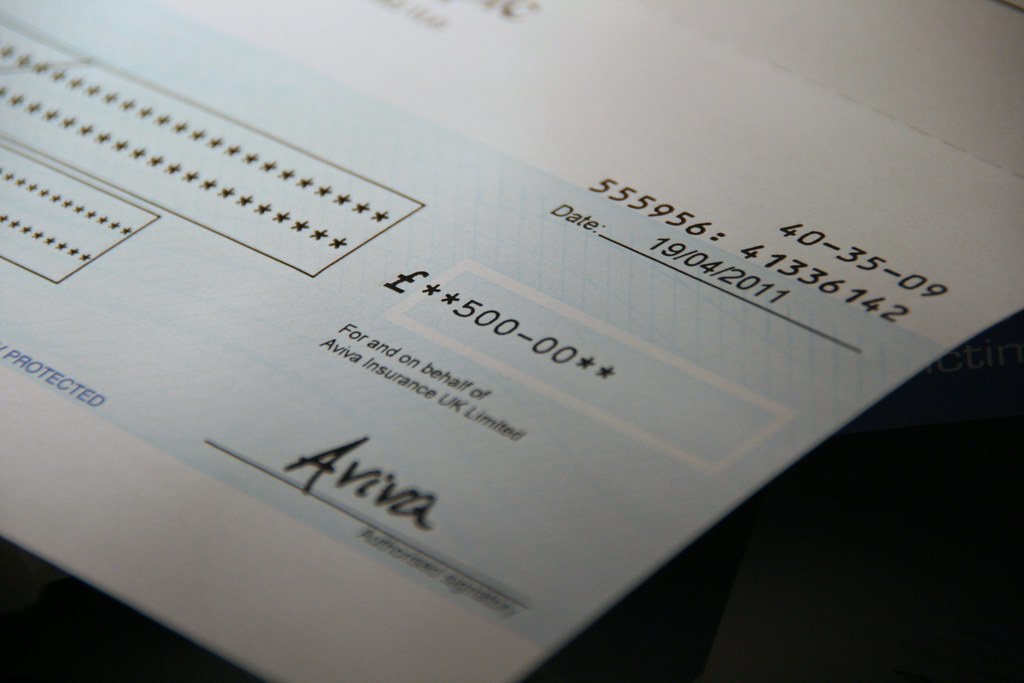Welcome to Lex Amicus Associates Blog Area.

Cheque Bounce or Negotiable Instruments Act Cases are the results of rapid growth economy. As more the economy gets stronger, it will attract conflicts also. Cheques are meant and created for the purpose of securing obligation and to transfer the money from one account to another account.
A “cheque” is a bill of exchange and it includes three intermediaries for its transaction, one is the maker of a bill of exchange or cheque is called the “drawer”; the person thereby directed to pay is called the “drawee” and the last one is the bank to whom the cheques are present for its encashment. Cheques includes the electronic image of a truncated cheque and a cheque in the electronic form.
Reasons for cheque bounces which are generally causes day to day in commercial transactions- Insufficient Funds, Signature Mismatch, Incorrect or Missing Information, Damaged or Altered Cheque, Technical Errors, Account Closure, Post-Dated Cheque, Expired Cheque (Stale Cheque), Stop Payment Instruction, Frozen Account, Exceeds Arrangement, Death of Drawer, Insolvency.
The court shall make presumptions that every negotiable instrument/cheque was made or drawn for consideration/repayment of obligation.
Cheque meant to be dishonor when Where any cheque drawn/duly filled up (signature is mandatory, further details not) by a person on an account maintained by him with a banker for payment of any amount of money to another person for any debt or other liability, is returned by the bank unpaid, for reason being the credit of that account is insufficient to honour the cheque.
Mandatory provisions for cheque dishonour-
- the cheque must have been presented to the bank within a period of six months from the date on which it is drawn or within the period of its validity, whichever is earlier.
- The cheque holder in due course of the cheque must issue a legal demand notice within thirty days from date of its dishonour.
- The drawer of the cheque has to pay its liability within 15 days from the date when the legal demand notice duly received by him.
- If the drawer of the cheque fails to pay its liability within 15 days then the cheque holder in due course of the cheque can file a complaint within 30 days before the Judicial Magistrate of first class under section 138 NI Act
- “debt of other liability” means a legally enforceable debt or other liability.
Only the courts in whose Jurisdiction the cheque got dishonor shall have the exclusive right to adjudicate the cheque bounce matter. Example – A has bank account in ABC bank located in Karol Bagh, Delhi who issued the cheque to B who resides in lucknow and has account in bank XYZ located in Ahmedabad, Gujarat. Cheque got dishonor in Ahmedabad, Gujarat, now only the court in in Ahmedabad, Gujarat has the exclusive jurisdiction to adjudicate the matter. B cannot file complaint in Delhi or Lucknow, he can file complaint only in Ahmedabad, Gujrat.
After 2018 Amendment in NI Act, legislation added the new section in NI Act under which the court can grant interim compensation up to 20% of the dishonored amount only after the notice framing procedure and where the accused pleads not guilty. The interim compensation shall be paid within sixty days from the date of the order or within such further period not exceeding thirty days as may be directed by the Court on sufficient cause being shown by the drawer of the cheque.
Conclusion- The cheque bounce cases are very complex in nature as the accused in NI Act cases requires to rebut the presumption in favor of the drawer of the cheque.
CHEQUE BOUNCE CASE / NEGOTIABLE INSTRUMENT ACT CASES / BEST LAWYER FOR CHEQUE BOUNCE CASES IN DELHI / BEST LAWYER FOR CHEQUE BOUNCE CASES IN INDIA.

Hi, this is a comment.
To get started with moderating, editing, and deleting comments, please visit the Comments screen in the dashboard.
Commenter avatars come from Gravatar.